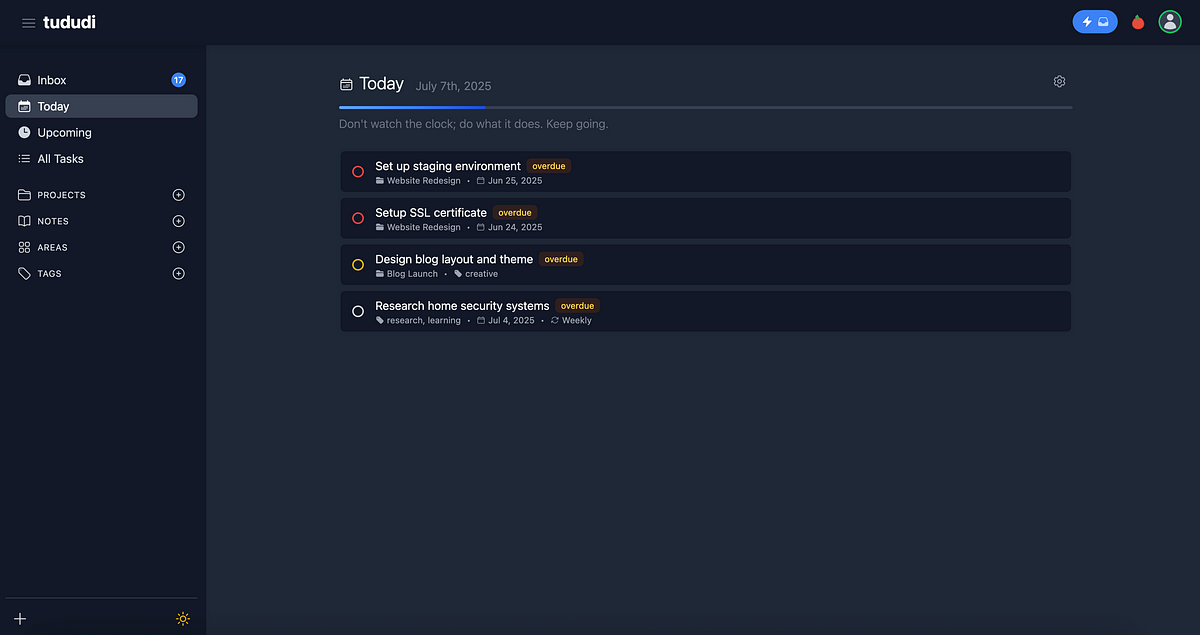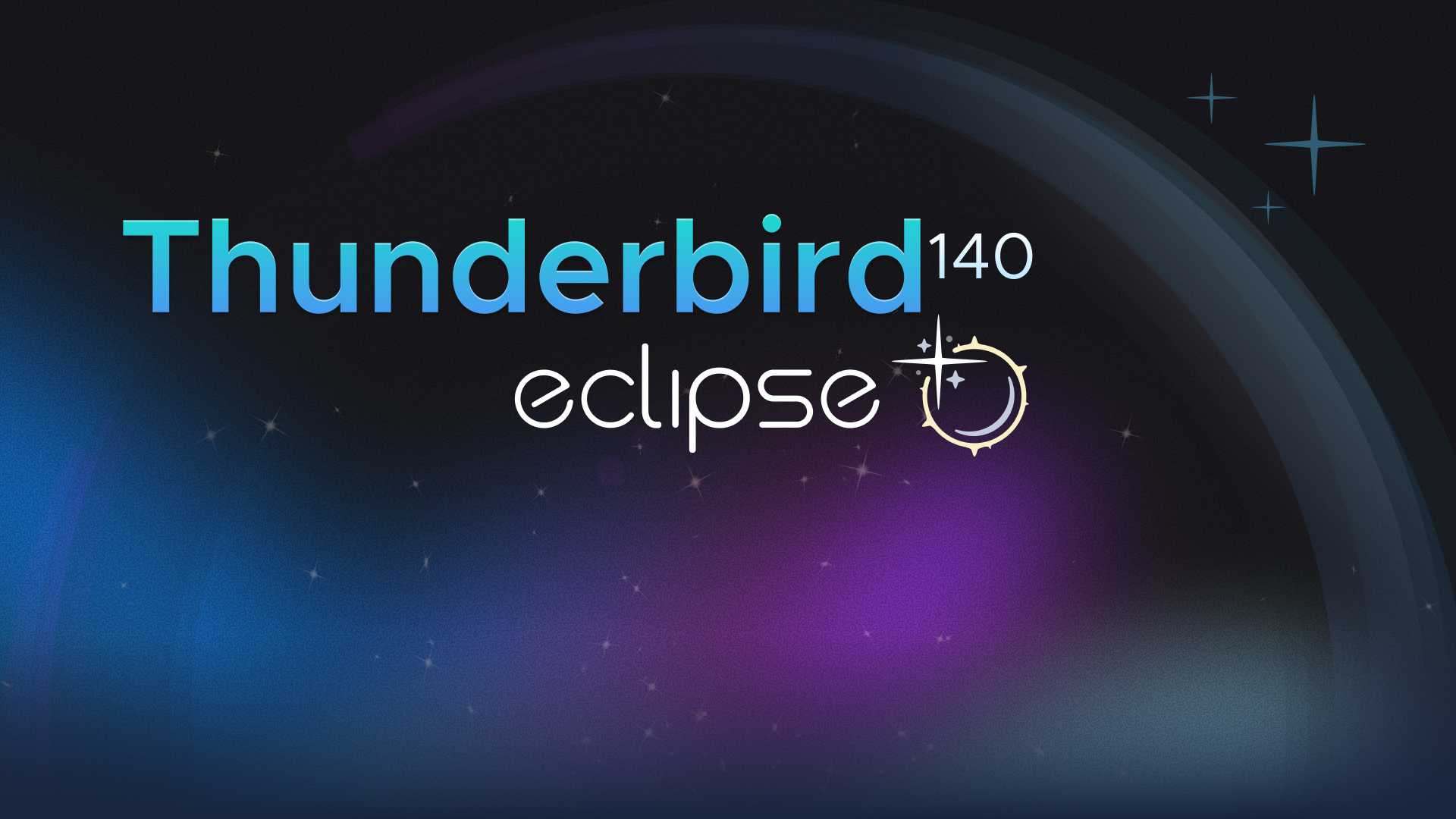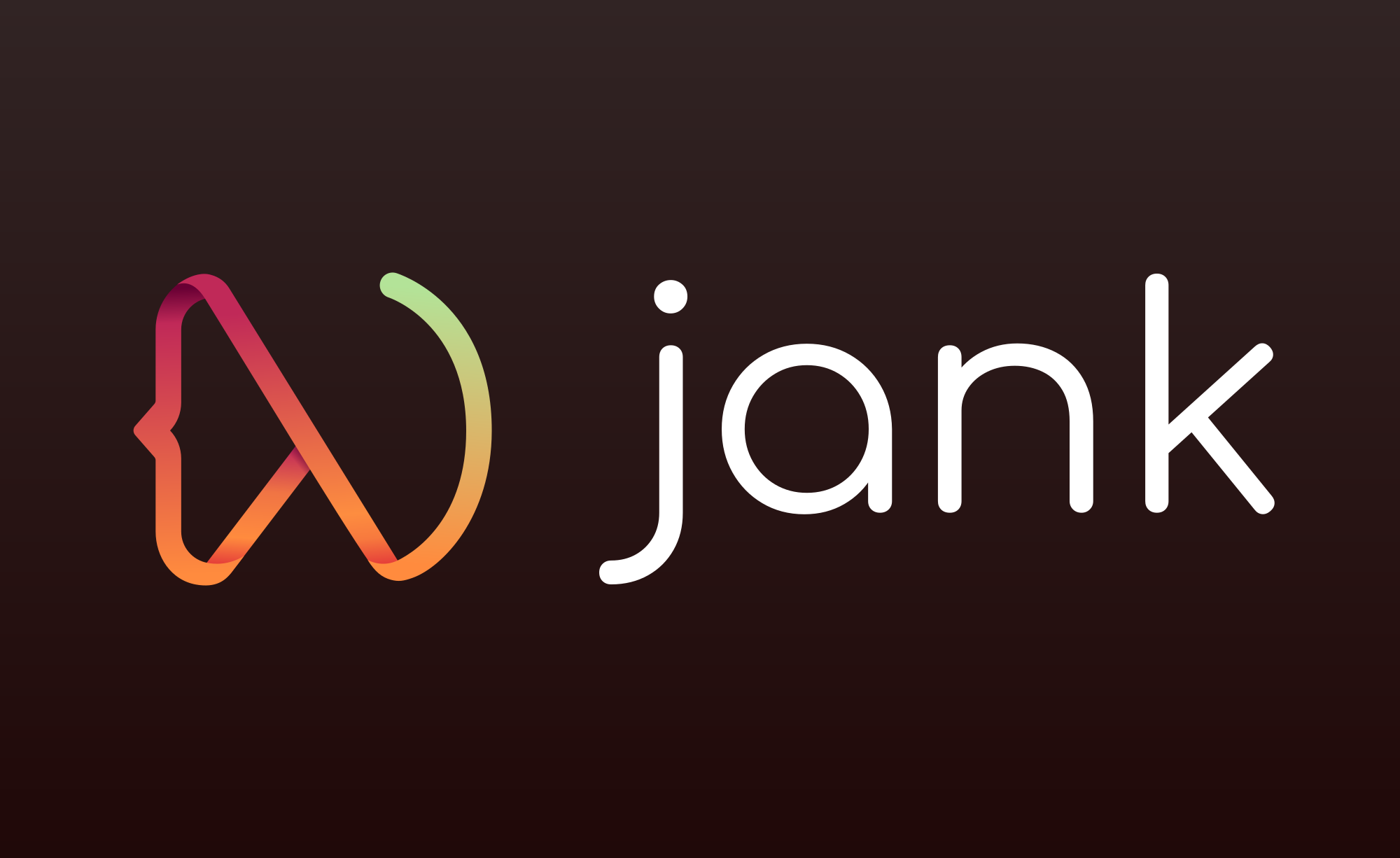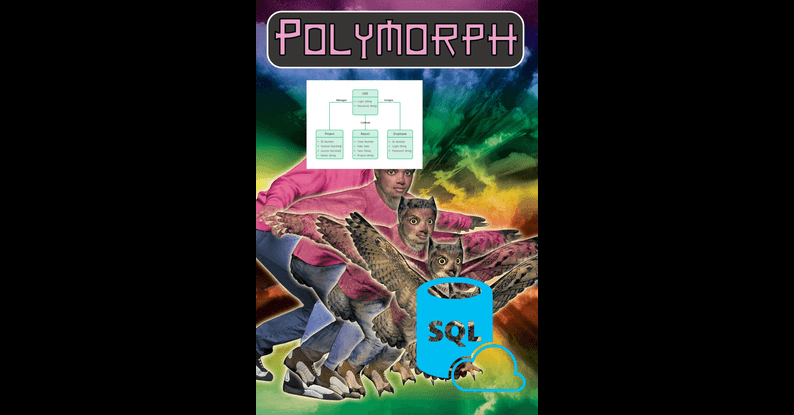Red Hat Launches Free RHEL for Business Developers
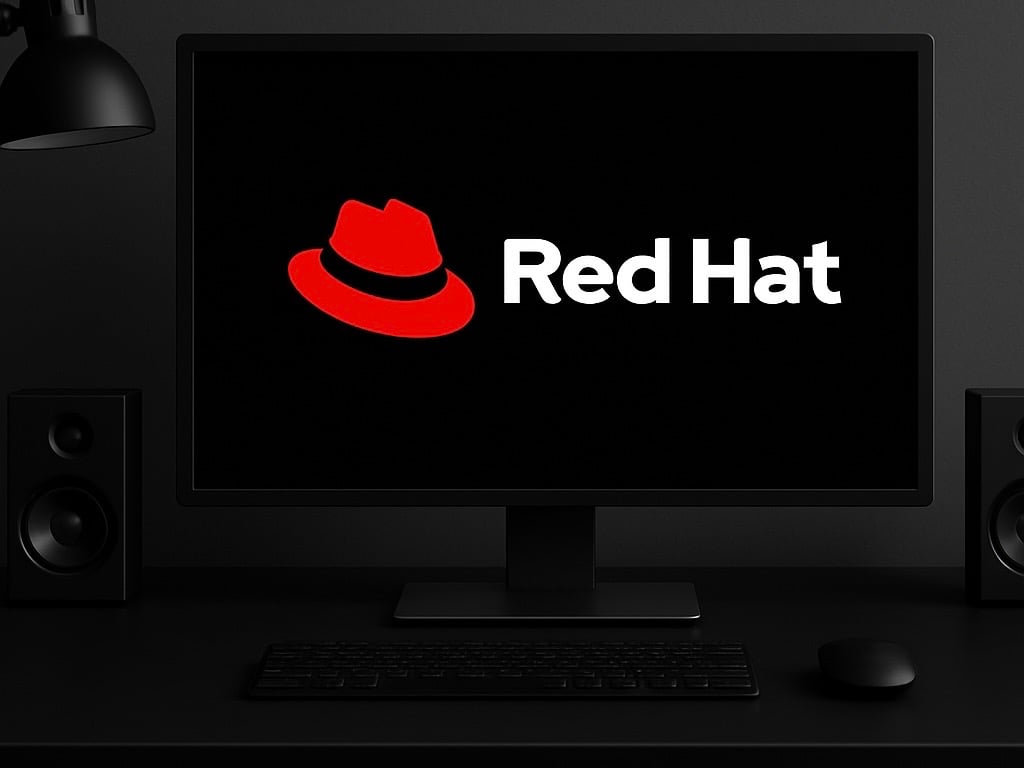
Red Hat has released Red Hat Enterprise Linux for Business Developers, a free enterprise-grade Linux distribution designed to give developers fast, easy access to the same OS used in production environments for business development and testing. Developers get direct, self-serve access, bypassing IT approval, with up to 25 instance deployments. This aims to reduce friction between development and operations teams and address growing software supply chain security threats. It includes signed and curated developer content such as programming languages, open source tools, and databases, as well as Red Hat's container development tool, Podman Desktop.
